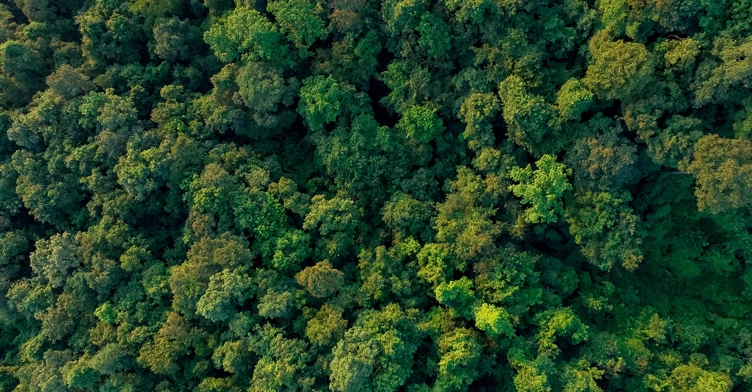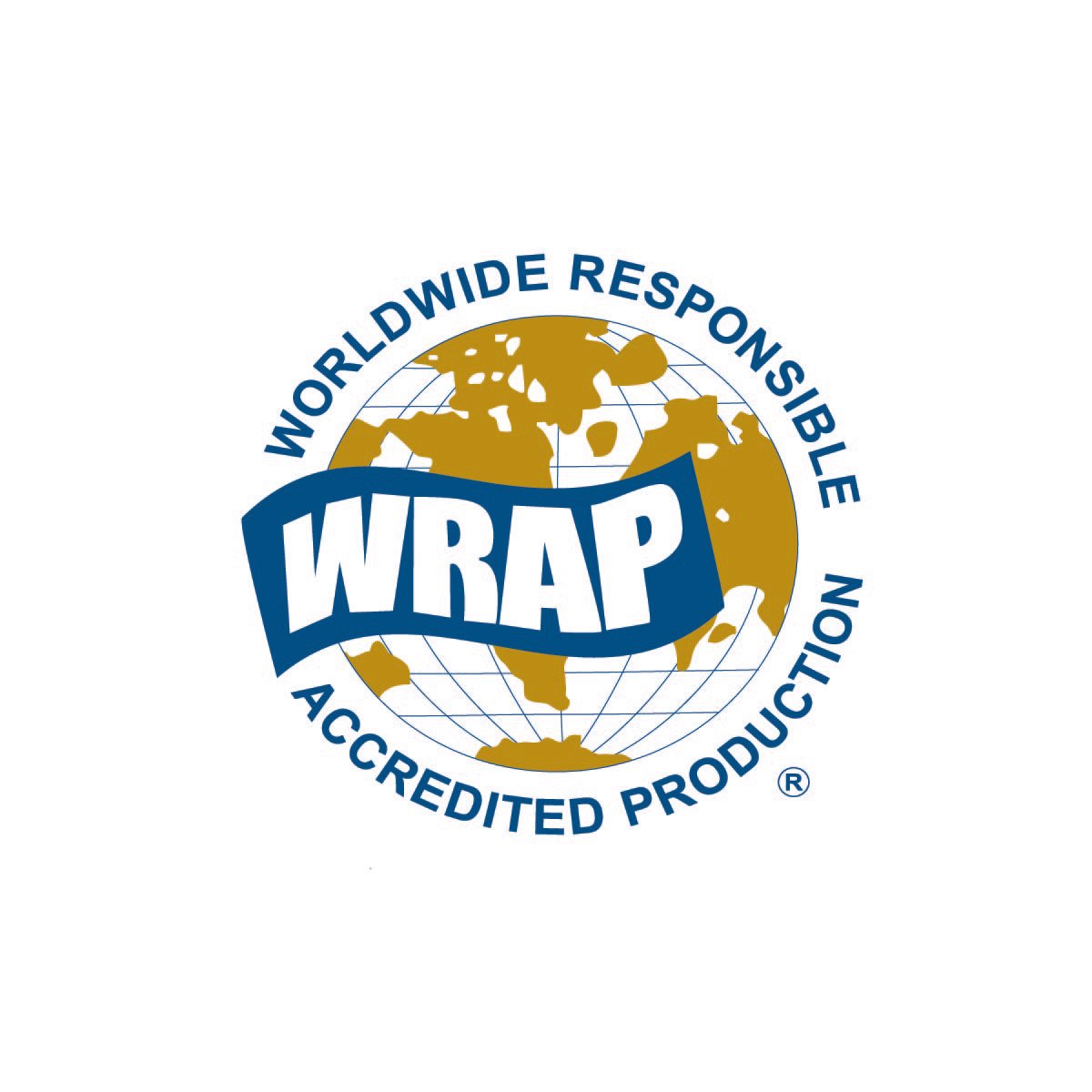The Ready-Made Garment Sustainability Council (RSC) is a Bangladeshi organization that replaced the Accord on Fire and Building Safety in May 2020.
It is responsible for monitoring and ensuring health and safety standards in the ready-made garment factories, focusing on fire, electrical, and structural safety.
The RSC is a private initiative funded by the Bangladesh garment industry, with participation from global brands and local trade unions.
We insist that all of our Bangladesh Factories are working with RSC
Purpose: The RSC is not an auditing body; they ensure workplace safety in the ready-made garment (RMG) sector by continuing the work of the former Accord.
Their Key Objectives are…
To promote and enforce safety standards in Bangladesh’s RMG and related industries, especially in building structure, electrical systems, fire safety, and boiler safety
To inspect factories regularly for structural, electrical, fire and boiler risks; investigate complaints and accidents and verify that factories fix identified problems.
To provide comprehensive health and safety training for factory personnel. Helping workers to report safety concerns, keep the workplace safe and provide the protection to refuse unsafe working conditions.
To operate an independent worker complaint system that allows workers to safely and confidentially report safety and health concerns and ensures fair and quick resolutions.
To encourage compliance with national and international safety laws and standards and work with local and global stakeholders to improve safety in the industry.
Maintaining a public database containing updated information on all factories, including safety inspection reports and remediation progress.
Ongoing Monitoring to ensure factory safety and working conditions.
Promoting better industrial relations, worker skills, welfare, environmental sustainability, pollution control, and other climate-friendly initiatives.
Hiring qualified safety officers and staff, and maintain a governance structure (Board, Advisory Council, committees) to effectively run RSC programmes.










